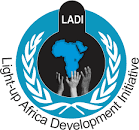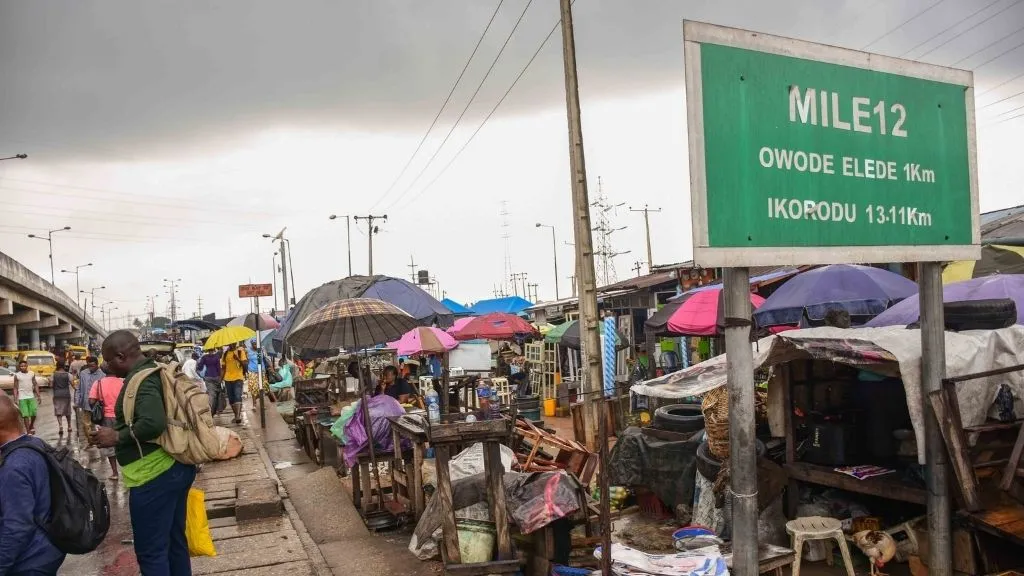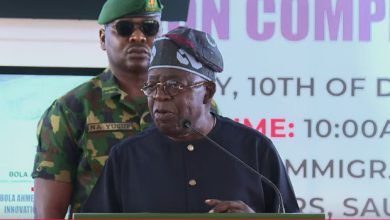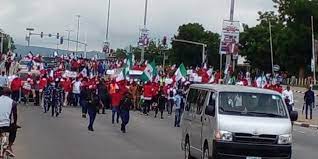The Role Of Community Radio In Nation Building Cannot Be Downplayed – Non-Profit Organization

If Nigeria, as a diversified entity were to live up to its billing as the giant of Africa, there must be sufficient recognition of Community Radio as a veritable tool for information dissemination in rural communities.
This is according to a Press Statement by Kester Audu, the Director of Light-Up Africa Development Initiative, a non-profit organization in Abuja – Nigeria on the event of a Capacity Workshop slated for 27 and 28 April 2023 in Ondo State, ostensibly to empower community radio and young men and women to advocate for developmental information in areas such as climate change, health, education and agriculture, among others.
“These radios create awareness, advocacy, provide information and education, improve community skills, and provide for cultural, political and economic development and empowerment. In a country like Nigeria, with over 200 million people (NBS 2020), over 250 ethnic groups speaking 450 dialects, spread across 774 local government areas within 923,768sq.km expansive land mass, subdivided into six geopolitical zones; the success of democracy in such a diversified entity, will undoubtedly depend on the expressive of community media and capacity in the people, both vertically and horizontally because freedom of information and of expression are the live wires of the democratic process.”
While he lauded the Nigerian Government for the country’s return to democracy in 1999 and the successive democratic transitions which have opened up the space for freedom of expression through license liberality to media houses, Audu opined that the process for more liberalization of the airwaves was initiated in 2003 following the objective to comprehensively democratize the access and use of information to extend the boundaries of freedom of expression in the country.
These developments, notwithstanding, he remarked that community radio has been on a higher pedestal for the past ten years and still counting.
“This development is largely due to its potential to democratize and provide a horizontal form of communication, thus, contributing more meaningfully to development efforts than the other forms of community media through information access. Despite these efforts, it is very disheartening to note that most community radios lack capacity to operate in Nigeria; with limited knowledge of content production on current issues such as climate change.”
Audu, the Director of the Non-Profit Organization in Abuja further described community radio as an extension of the lives and aspirations of the community. In his words: “The community radio is by name, definition, orientation, content and philosophy grassroots based. It cannot be anything but community oriented and people-centered. The coverage is usually limited serving a small community and catering for their special needs and interests. Community radio stations are popular in rural communities that otherwise have a limited means of media communication and access to information through content development for growth.”
It is against this backdrop that the capacity training project will bring both radio community operators and some young men and women to have capacity of jointly developing content that can bring development to their communities. Justification Community radio is the only accessible and readily affordable medium within the rural community that can play a significant role in rural development of young men and women.
In the Media space, community radio stations are accorded a pride of place as support systems for their role in information dissemination, however, the community development of young men and women has not been fully explored and the plight of these young men and women has hindered their access to right information that would enable them to participate responsibly in nation building.
“Part of its key roles is to provide information and lends support to educating rural people in financially disadvantaged communities on good living. However, obstacles such as poverty, illiteracy, fear, poor access to public agencies and lack of knowledge about the right to information and how or where to ask for it, have deprived both people, particularly the women of access to information,” Audu lamented.
The two-day project event sought to strengthen the capacity of four selected community radio stations on content production; to improving the quality of their work around citizen participation among marginalized beneficiary groups, particularly indigenous communities, and women’s groups. As part of the activities is an advocacy to Kakaki Community radio. This will avail the participating radio stations to learn about the station’s sustainability after the death of the founder. The training is being facilitated by two experts, Dr. Adegoke Raufu and Paul Emokhare.





